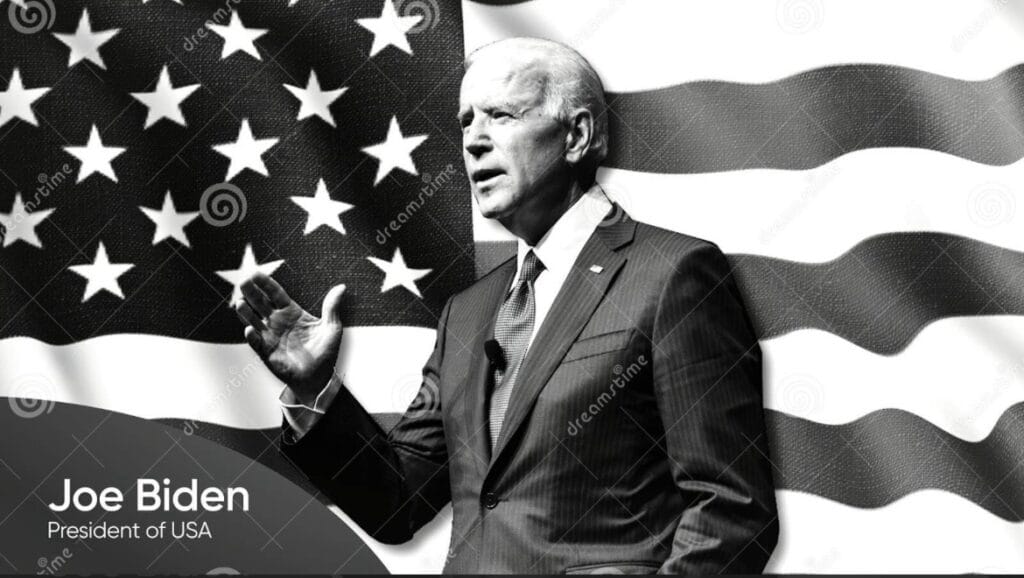Opinion: A necessary reckoning with America’s painful past and its potential impact on the nation’s future
Biden’s acknowledgment brings overdue national attention to a period often absent from mainstream history curricula.

In an unprecedented and somber address from Arizona, President Joe Biden took a historic step in acknowledging one of the United States’ darkest and most painful legacies: the Federal Indian Boarding School Era. His decision to issue a presidential apology on behalf of the nation is significant, not only for its admission of wrongdoing but also for the commitment it implies toward a future rooted in respect, dignity, and true reconciliation with Native communities.
Biden’s acknowledgment brings overdue national attention to a period often absent from mainstream history curricula. Between the late 19th and mid-20th centuries, thousands of Indigenous children were forcibly removed from their families, taken to boarding schools where their language, culture, and identity were stripped away. Many suffered physical, emotional, and spiritual abuse. The scars left behind from this systematic effort to “assimilate” Indigenous people persist today, contributing to trauma that spans generations.

By confronting this part of America’s past, Biden is sending a message that reconciliation is not about dismissing history but embracing it with honesty. He is not only apologizing but actively seeking to repair the nation’s relationship with Native communities through tangible action. His administration’s investment in Indian Country, efforts to advance Tribal sovereignty, and respect for Indigenous sacred sites signify an understanding that true reconciliation demands more than words. It requires systemic change to redress the wrongs done to Tribal Nations and rebuild trust.
Looking toward the future, Biden’s promise of “a new era” in government-Tribal relationships paves the way for lasting change. Acknowledging the injustices of the boarding school era can strengthen nation-to-nation diplomacy, giving Tribal governments more control over resources, lands, and policies affecting their people. As Tribal sovereignty becomes more respected, there may be fewer conflicts over land use and a foundation for shared governance in managing resources and cultural sites.
Biden’s apology also has the potential to catalyze lasting policy changes, particularly around the long-standing inequities in healthcare, education, and infrastructure within Native communities. If his administration follows through on promises to invest in Indian Country, future policies may focus on sustainable economic growth, housing, healthcare, and education—creating healthier communities and narrowing socioeconomic gaps affecting Native populations.
This apology might even inspire a transformation in how America teaches its history. By prompting schools nationwide to address the Federal Indian Boarding School Era, Biden’s actions could lead to an education that includes the stories and experiences of Native communities. Future generations would then grow up better informed about the country’s history, fostering greater empathy and understanding.
Biden’s commitment to respecting Native cultures and protecting sacred sites could lead to more robust protections of Indigenous lands, benefitting not only Native communities but also advancing environmental conservation. If upheld, this respect for Indigenous heritage could set a precedent for future administrations to protect these areas, ensuring their preservation for generations.
On a larger scale, Biden’s public apology reinforces a belief that confronting historical wrongs strengthens a nation. This mindset could encourage future leaders to see historical accountability as an act of strength and moral leadership. By acknowledging past injustices, America can chip away at prejudice, encouraging a society that is more inclusive and respectful of Native Americans.
Biden’s words represent a critical first step, but their impact will ultimately depend on what follows. If these promises are met with sustained action, America could become a nation that not only remembers its past but has truly learned from it—one that honors its Indigenous peoples and strengthens the fabric of the nation as a whole.













